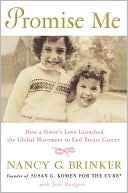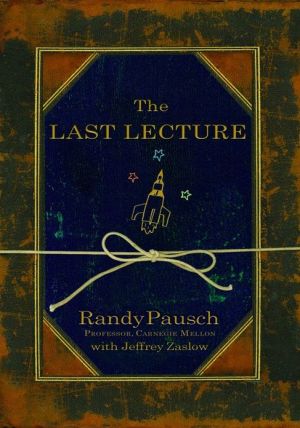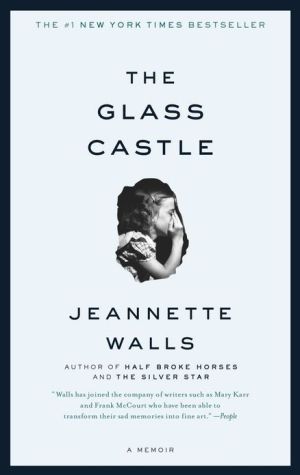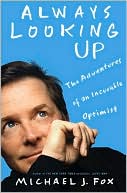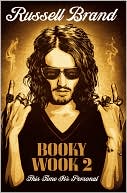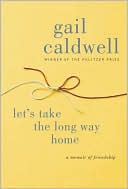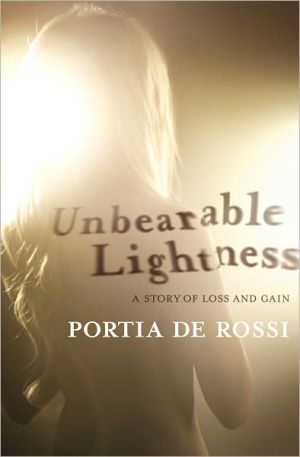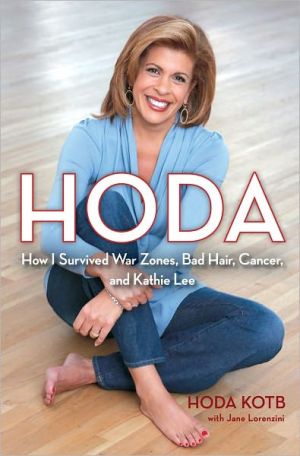Refuge: An Unnatural History of Family and Place
In the spring of 1983 Terry Tempest Williams learned that her mother was dying of cancer. That same season, The Great Salt Lake began to rise to record heights, threatening the herons, owls, and snowy egrets that Williams, a poet and naturalist, had come to gauge her life by. One event was nature at its most random, the other a by-product of rogue technology: Terry's mother, and Terry herself, had been exposed to the fallout of atomic bomb tests in the 1950s. As it interweaves these...
Search in google:
In the spring of 1983 Terry Tempest Williams learned that her mother was dying of cancer. That same season, The Great Salt Lake began to rise to record heights, threatening the herons, owls, and snowy egrets that Williams, a poet and naturalist, had come to gauge her life by. One event was nature at its most random, the other a by-product of rogue technology: Terry's mother, and Terry herself, had been exposed to the fallout of atomic bomb tests in the 1950s. As it interweaves these narratives of dying and accommodation, Refuge transforms tragedy into a document of renewal and spiritual grace, resulting in a work that has become a classic. Publishers Weekly From 1982 to 1989 Williams, a naturalist in residence at the Utah Museum of Natural History, suffered two traumatic events: her mother's unsuccessful battle with cancer and the flooding of the Bear River Migratory Bird Refuge by the rising waters of the Great Salt Lake. Here she attempts to come to terms with the loss of her parent and that of the birds in the refuge by juxtaposing natural history and personal tragedy, alternating her observations on each. In an epilogue that might well serve as the subject of another book, the author also maintains that her mother--and many other people in Utah--probably contracted cancer as a result of radioactive fallout from atmospheric testing of atomic weapons in Nevada in the 1950s and '60s. And she concludes that, even though it is not in the tradition of her Mormon background to question governmental authority, she must actively oppose nuclear tests in the desert. The book is a moving account of personal loss and renewal. (Oct.)
\ Publishers Weekly - Publisher's Weekly\ From 1982 to 1989 Williams, a naturalist in residence at the Utah Museum of Natural History, suffered two traumatic events: her mother's unsuccessful battle with cancer and the flooding of the Bear River Migratory Bird Refuge by the rising waters of the Great Salt Lake. Here she attempts to come to terms with the loss of her parent and that of the birds in the refuge by juxtaposing natural history and personal tragedy, alternating her observations on each. In an epilogue that might well serve as the subject of another book, the author also maintains that her mother--and many other people in Utah--probably contracted cancer as a result of radioactive fallout from atmospheric testing of atomic weapons in Nevada in the 1950s and '60s. And she concludes that, even though it is not in the tradition of her Mormon background to question governmental authority, she must actively oppose nuclear tests in the desert. The book is a moving account of personal loss and renewal. (Oct.)\ \ \ \ \ Library JournalWilliams, a naturalist at the Utah Museum of Natural History in Salt Lake City, uses the rise and fall of Great Salt Lake and the fluctuations in wild bird populations that inhabit or migrate through the ecosystem as a personal metaphor. Her diary-like personal reflections cover such issues as helping family members through the traumatic process of living and dying with cancer. She also reflects upon women's place within the Mormon Church and touches on citizens' conflicting civic responsibilities as stewards and exploiters of the earth. Finally, she ponders federal responsibility for irradiating Utah land and people during 11 years of above-ground atomic testing. Williams's book is difficult to pigeonhole because she wrestles with a wide range of ethical questions in her struggle to find understanding. Her book may be of particular interest to public libraries in Southwestern states.--Laurie Tynan, Montgomery Cty.-Norristown P.L., Pa.\ \

